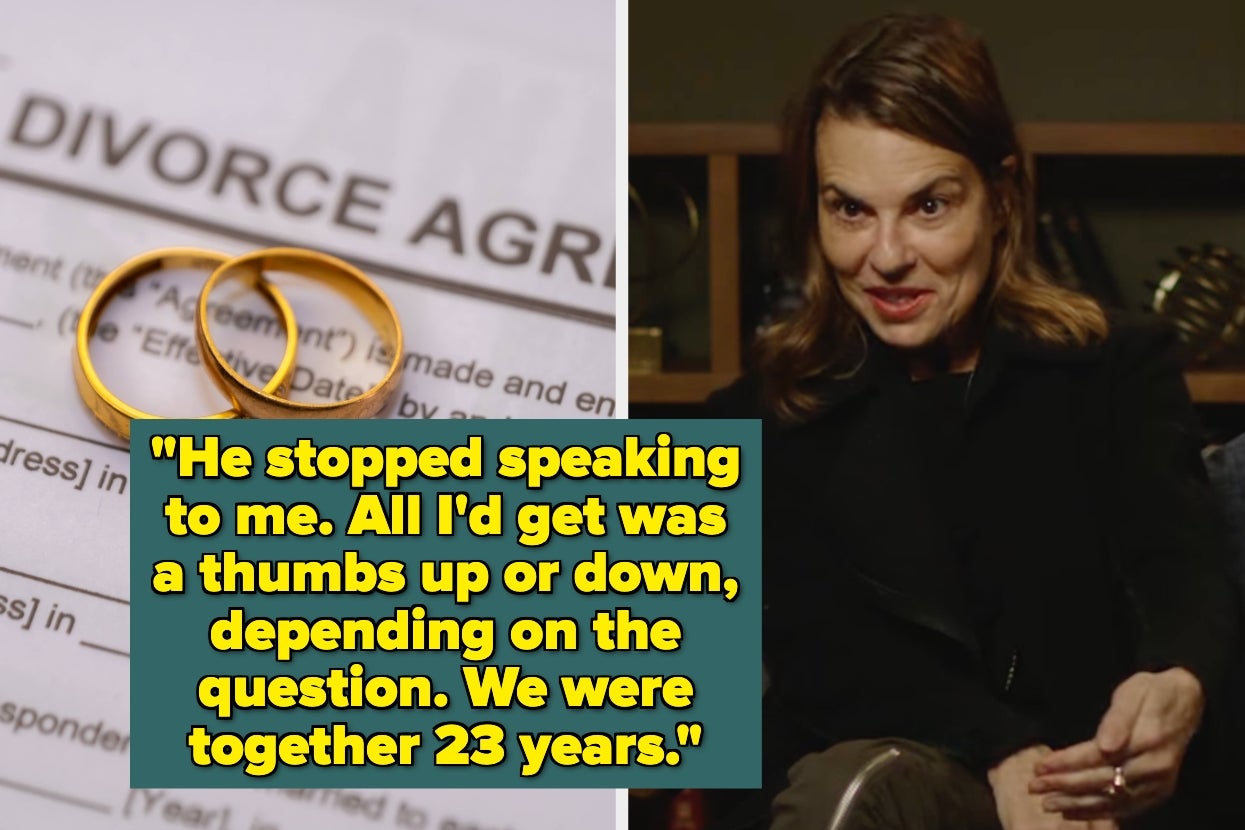
Scholar and blogger Peter Beinart has ignited a controversy by
calling for a boycott of goods produced in West Bank settlements. On his behalf, Andrew Sullivan
called on Beinart's critics to say what they'd do instead to promote the peace process. Beinart's proposition:
Today, the Israeli government—with the active consent of the organized American Jewish community—provides myriad subsidies for Jews to leave democratic Israel to settle across the green line. Regardless of your opinion about the Palestinian willingness to make a two state deal today, such policies are deeply self-defeating since they make a two-state solution harder ever. A settlement boycott could help to rebalance the scales. If critics disagree—and yet still profess a belief in the two state solution—then they should offer their own alternatives for how to stop the settlement growth that threatens Israel’s democratic future. I’m all ears.
My reply, e-mailed to Sullivan (I'll only check every five minutes or so to see if he uses it):
No fair. When Beinart writes, "Regardless of your opinion about the Palestinian willingness to make a two state deal today," he takes the solution off the table. Neither the U.S. president nor op-ed writers can stop settlement expansion. Only the Palestinians can, by accepting the best available territorial offer as soon as possible (and, I'm afraid, agree to punt on dividing Jerusalem). While we may be appalled by the settlement movement, it isn't a conspiracy to undermine the peace process. It's a function of Israel's complex social, theological, and political dynamics. That means that each time Palestinians have said no -- 2000, 2008, 2010, and 2012, in Jordan -- the inevitable result was or will be settlement expansion and a smaller, less coherent Palestine. It will keep happening until the PNA figures out that they're the ones, beside Israel, with the power. As a matter of fact, the Beinart initiative just provides more encouragement for the mistaken belief that outside leverage will get Palestinians a better deal. If they're going to have a state, if they really want one, it's time for them to say yes.
as possible (and, I'm afraid, agree to punt on dividing Jerusalem). While we may be appalled by the settlement movement, it isn't a conspiracy to undermine the peace process. It's a function of Israel's complex social, theological, and political dynamics. That means that each time Palestinians have said no -- 2000, 2008, 2010, and 2012, in Jordan -- the inevitable result was or will be settlement expansion and a smaller, less coherent Palestine. It will keep happening until the PNA figures out that they're the ones, beside Israel, with the power. As a matter of fact, the Beinart initiative just provides more encouragement for the mistaken belief that outside leverage will get Palestinians a better deal. If they're going to have a state, if they really want one, it's time for them to say yes.
 Scholar and blogger Peter Beinart has ignited a controversy by calling for a boycott of goods produced in West Bank settlements. On his behalf, Andrew Sullivan called on Beinart's critics to say what they'd do instead to promote the peace process. Beinart's proposition:
Scholar and blogger Peter Beinart has ignited a controversy by calling for a boycott of goods produced in West Bank settlements. On his behalf, Andrew Sullivan called on Beinart's critics to say what they'd do instead to promote the peace process. Beinart's proposition:as possible (and, I'm afraid, agree to punt on dividing Jerusalem). While we may be appalled by the settlement movement, it isn't a conspiracy to undermine the peace process. It's a function of Israel's complex social, theological, and political dynamics. That means that each time Palestinians have said no -- 2000, 2008, 2010, and 2012, in Jordan -- the inevitable result was or will be settlement expansion and a smaller, less coherent Palestine. It will keep happening until the PNA figures out that they're the ones, beside Israel, with the power. As a matter of fact, the Beinart initiative just provides more encouragement for the mistaken belief that outside leverage will get Palestinians a better deal. If they're going to have a state, if they really want one, it's time for them to say yes.








No comments:
Post a Comment